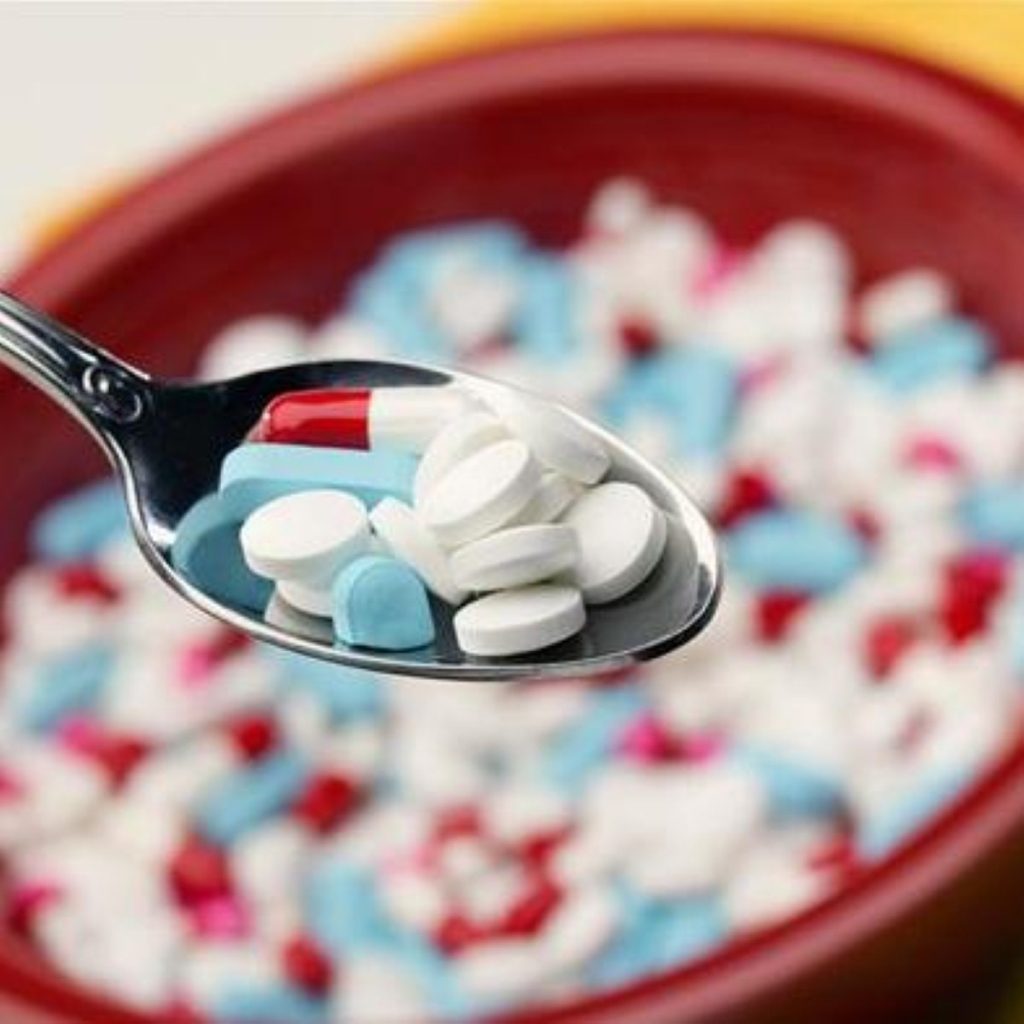Head of NICE attacks drugs firms
The government’s drugs chief has criticised the pharmaceutical industry for driving up the price of medicines in an interview with the Observer newspaper.
The attack follows recent criticism of NICE for not allowing a kidney cancer drug to be made available on the NHS.
Professor Sir Michael Rawlins, chairman of the National Institute for Clinical Excellence (NICE), says the NHS only has a finite amount of money to spend on drug treatments and criticises the “perverse incentives” in the pharmaceutical industry which make drugs expensive.
Sir Michael said: “We are told we are being mean all the time but what nobody mentions is why the drugs are so expensive.
“Pharmaceutical companies have enjoyed double-digit growth year-on-year and they are out to sustain that, not least because their senior management’s earnings are related to the share price.
“It’s not in their interests to take less profit, personally as well as from the point of view of the business. All these perverse incentives drive the price up.”
Sir Michael said companies set high prices as a way of “cushioning” against periods when their products are no longer protected by patents and competitors that can then make cheaper versions.
He added: “The other thing we have to pay for is the cost of marketing. Marketing costs generally are about twice the spend on research and development.”
NICE was recently criticised for deciding that four drug treatments for advanced kidney cancer, which are widely available elsewhere in Europe, should remain unavailable on the NHS because they did not meet its criteria for “cost-effectiveness”.
The drugs cost between £20,000 to £35,000 a year per patient. While they do not cure advanced renal cell carcinoma or cancer that has spread from the initial tumour they can help extend a patients’ life by around five to six months.





-01.png)